Gastroenterology, Hepatology and Nutrition Faculty

Assistant Professor of Medicine, Division of Gastroenterology, Hepatology & Nutrition


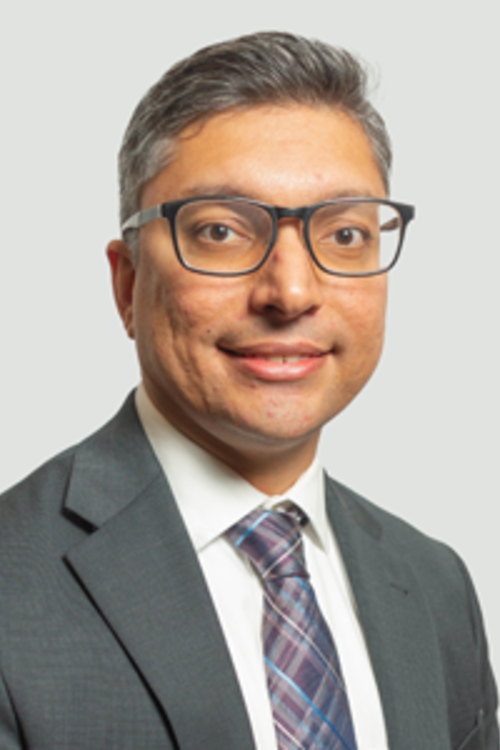
Associate Professor of Medicine, Division of Gastroenterology, Hepatology and Nutrition
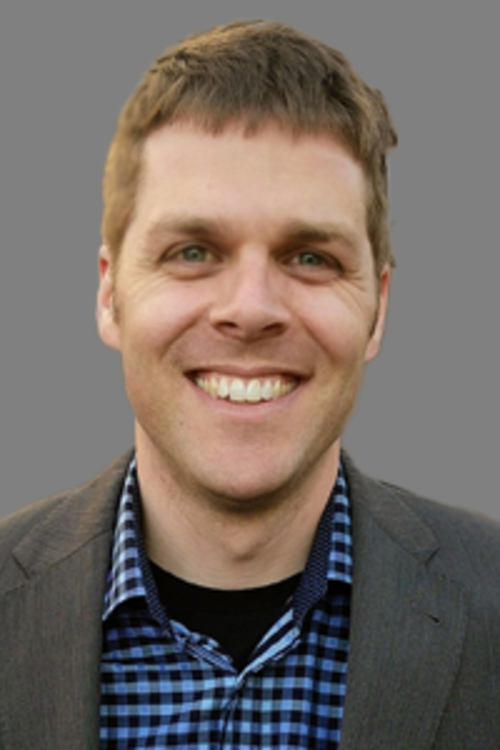
Assistant Professor of Medicine, Division of Gastroenterology, Hepatology and Nutrition
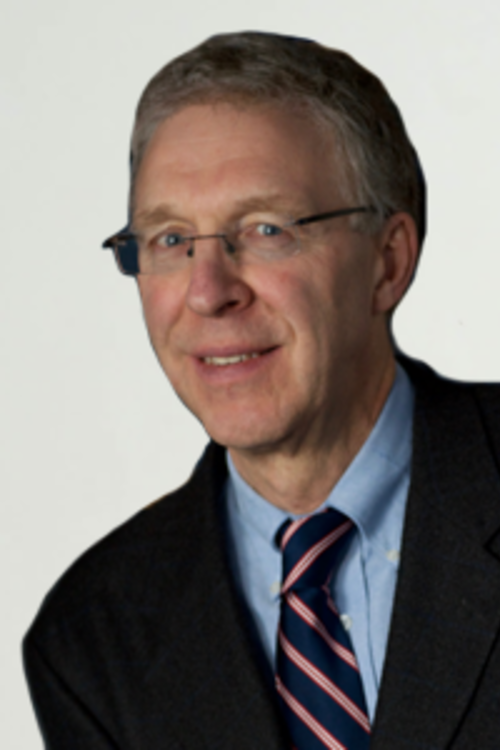
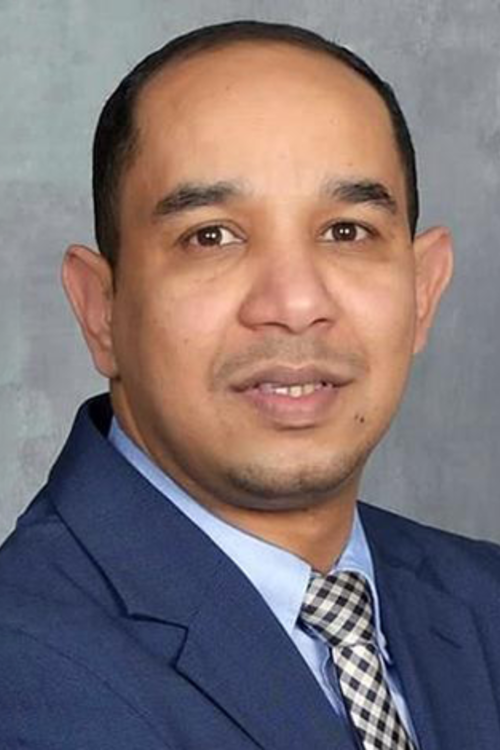
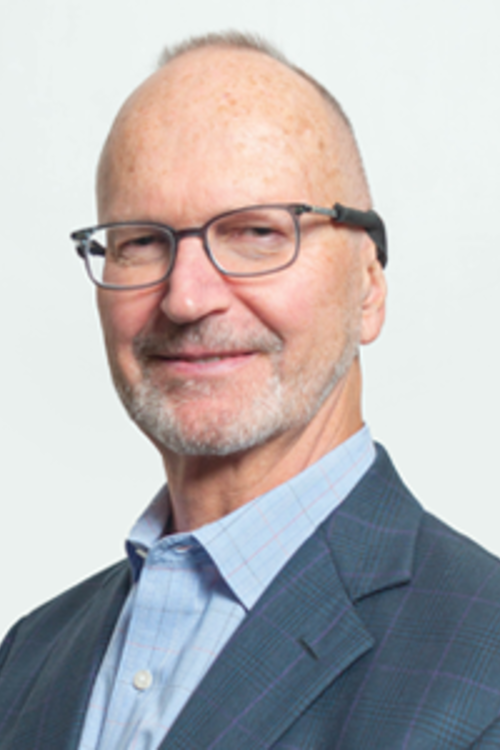
Professor of Medicine and Pediatrics, Division of Gastroenterology, Hepatology & Nutrition
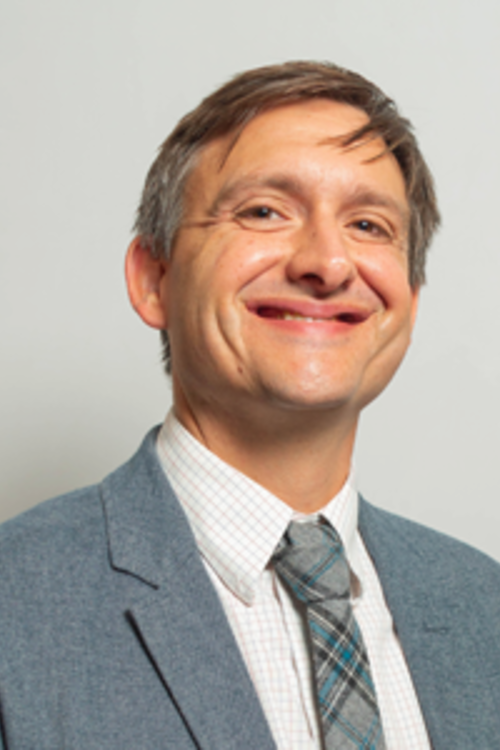
Associate Professor of Medicine, Division of Gastroenterology, Hepatology and Nutrition

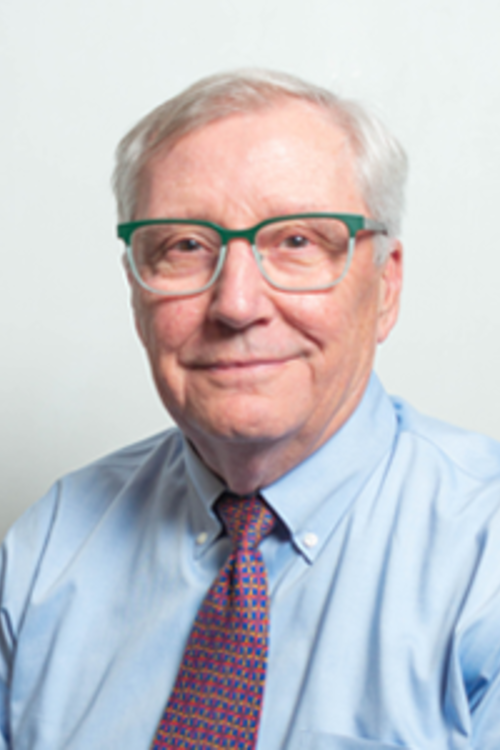
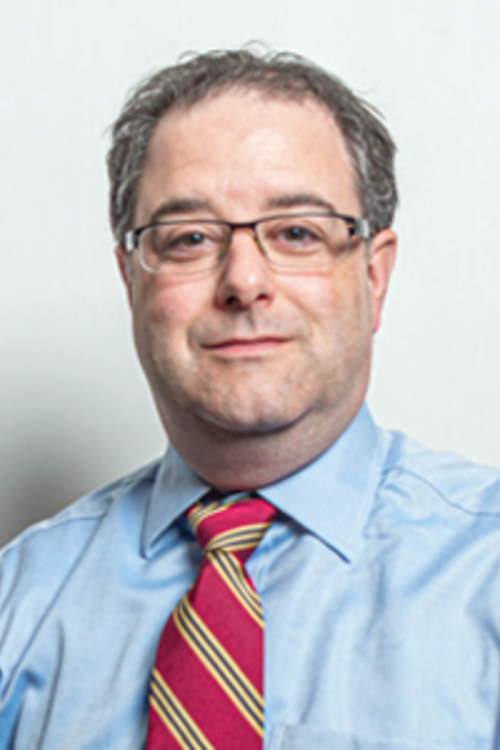
Associate Professor of Medicine, Division of Gastroenterology, Hepatology and Nutrition

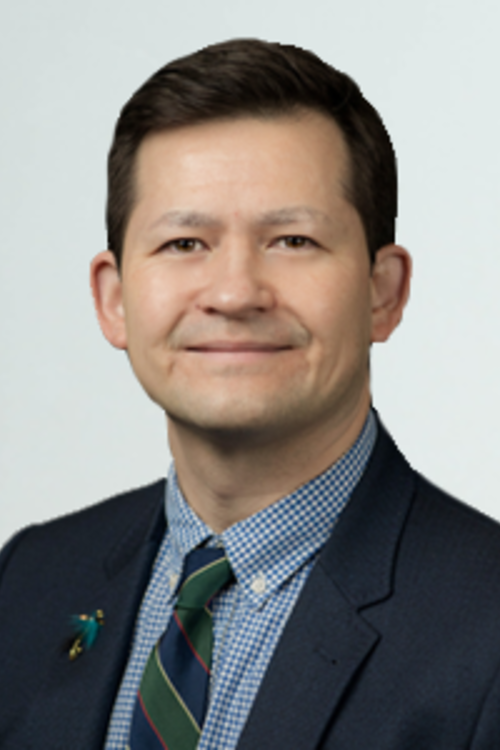
Associate Professor of Medicine, Division of Gastroenterology, Hepatology and Nutrition
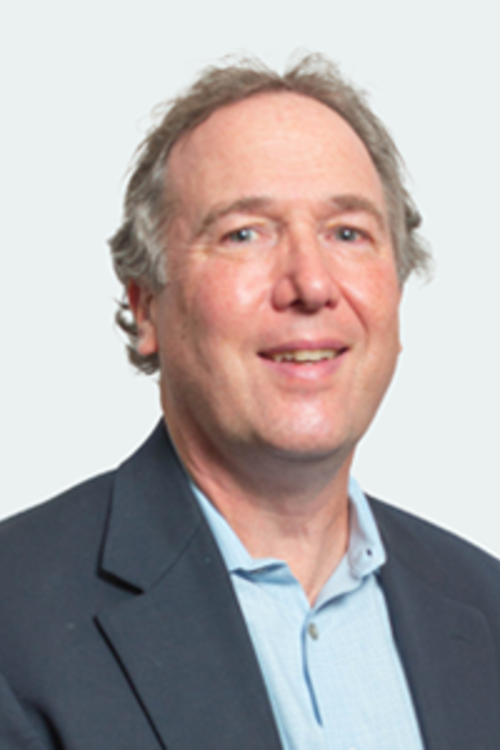

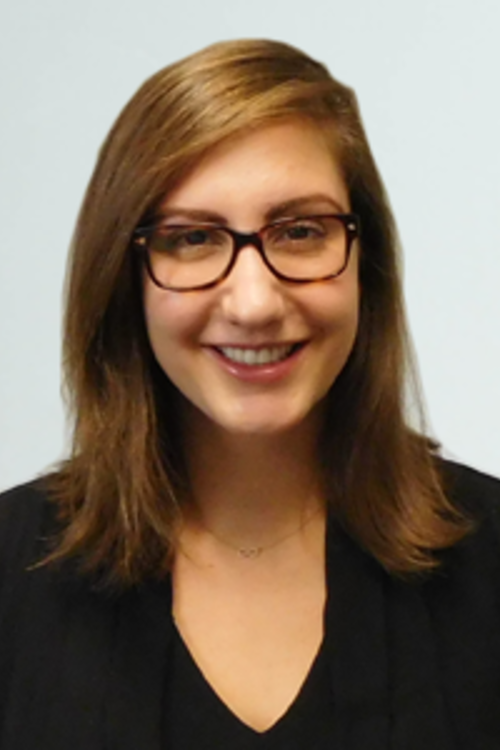
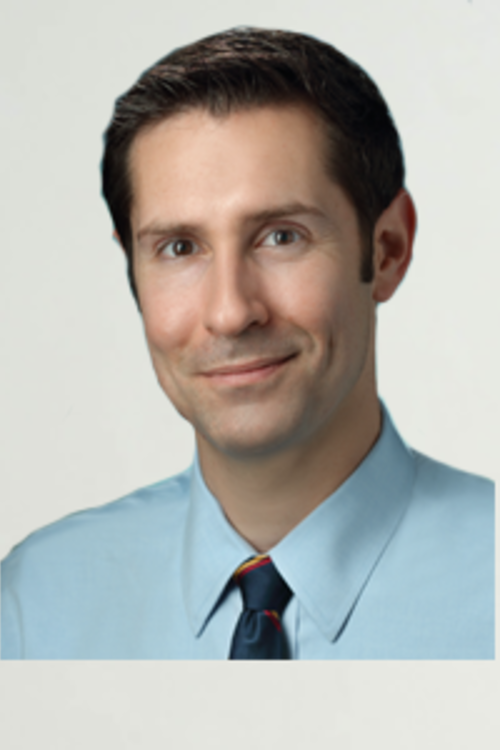
Assistant Professor of Medicine, Division of Gastroenterology, Hepatology, and Nutrition
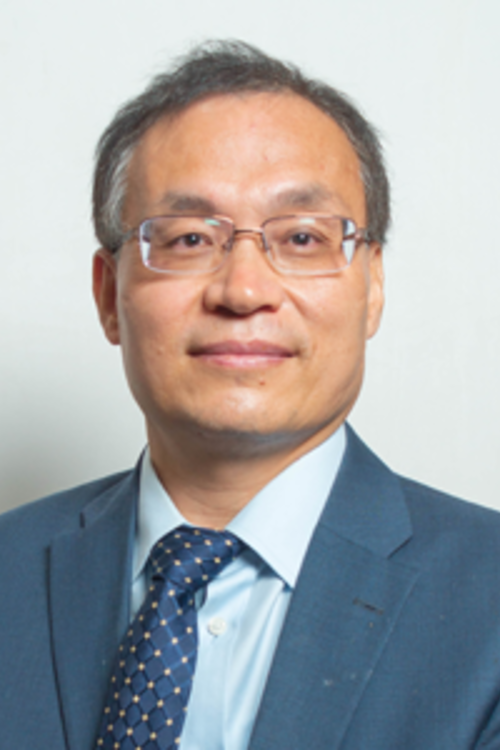
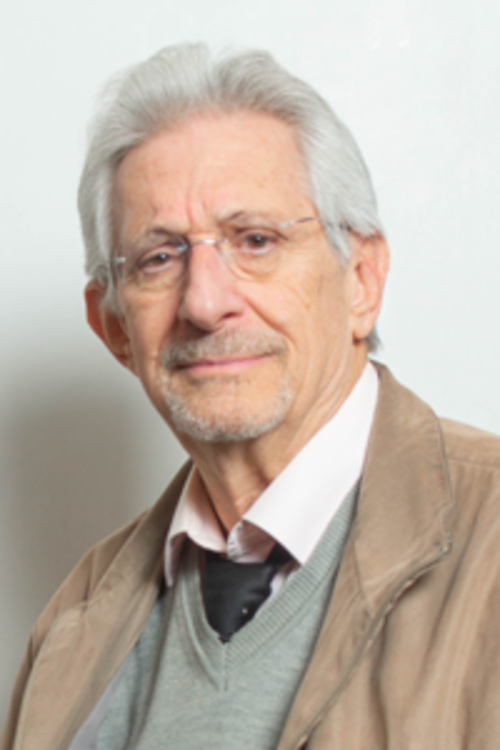
Professor of Medicine, Division of Gastroenterology, Hepatology, and Nutrition
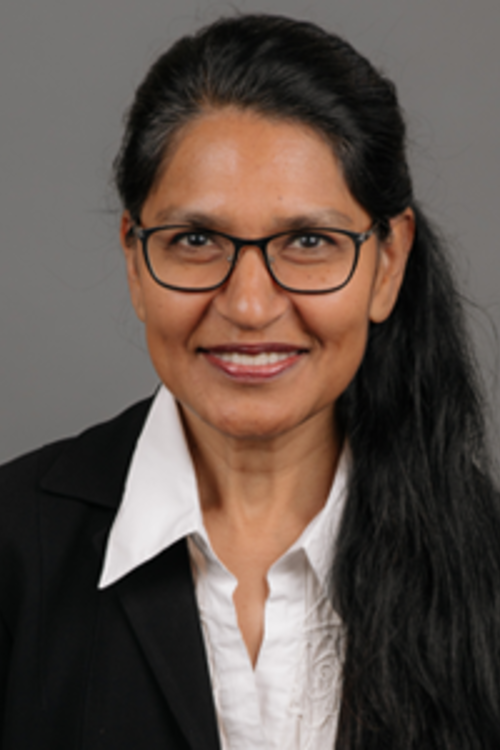
Professor of Medicine, Division of Gastroenterology, Hepatology and Nutrition
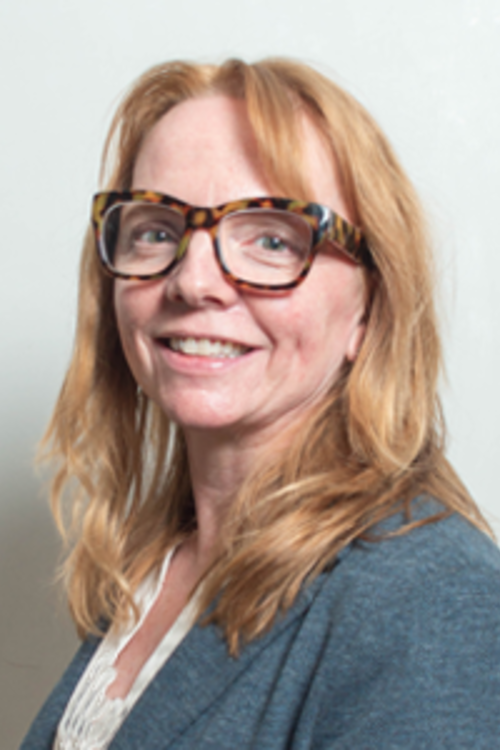
Associate Professor of Medicine, Division of Gastroenterology, Hepatology and Nutrition
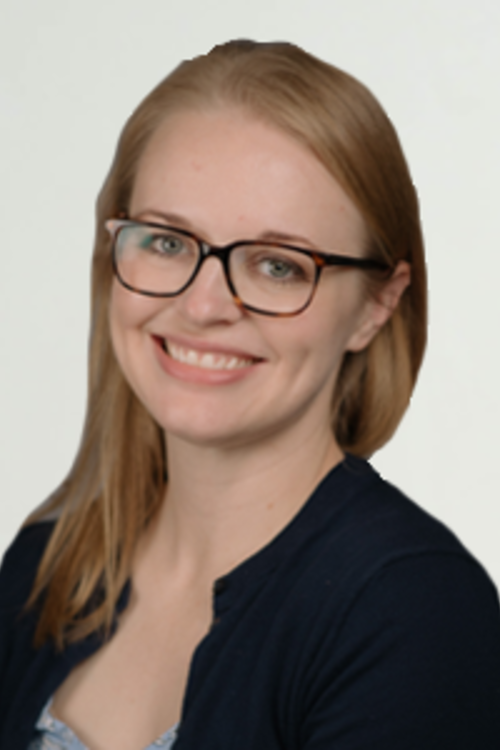
Assistant Professor of Medicine, Division of Gastroenterology, Hepatology, and Nutrition
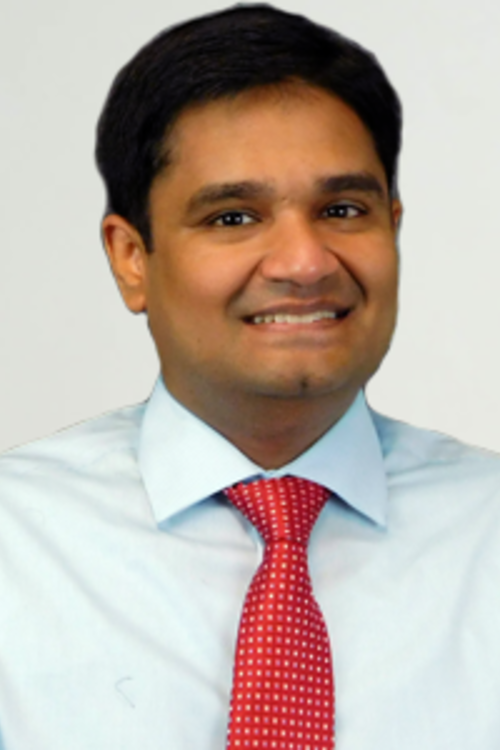
Associate Professor of Medicine, Division of Gastroenterology, Hepatology and Nutrition

Associate Professor of Medicine, Division of Gastroenterology, Hepatology and Nutrition
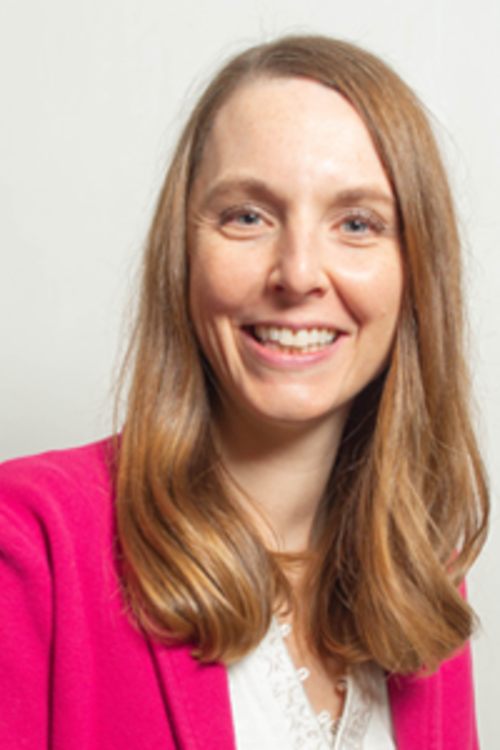
Associate Professor of Medicine, Division of Gastroenterology, Hepatology and Nutrition
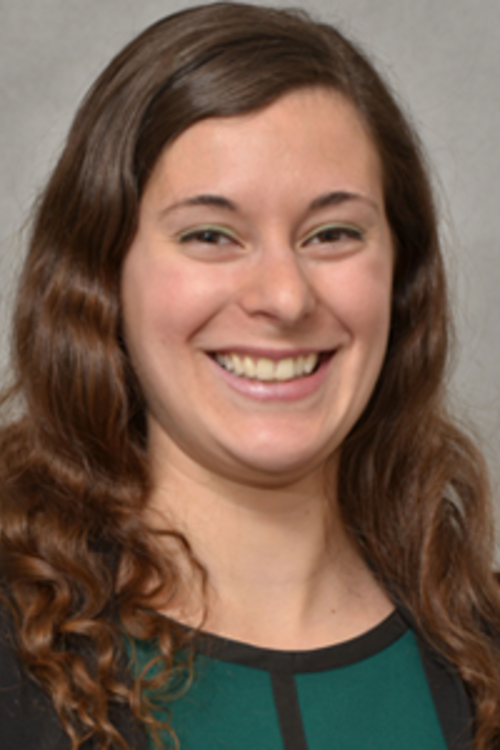
Assistant Professor of Medicine, Gastroenterology, Hepatology and Nutrition